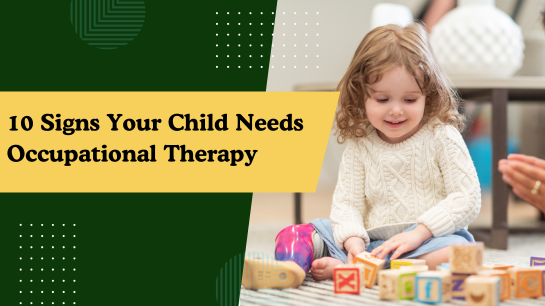Understanding Alzheimer's Disease: A Simple Guide
Alzheimer’s disease is a progressive and irreversible brain disorder that affects memory, thinking, and behavior. It is the most common cause of dementia, a general term for memory loss and cognitive decline that interferes with daily life. In this article, we will provide a straightforward explanation of Alzheimer’s disease, its symptoms, potential causes, and available management options.
What is Alzheimer’s Disease?
Alzheimer’s disease is a complex neurological condition that gradually damages brain cells, leading to the deterioration of cognitive functions. Over time, individuals with Alzheimer’s may experience difficulties in recalling memories, processing information, and performing everyday tasks. As the disease progresses, it can significantly impact a person’s ability to communicate and take care of themselves.
Causes of Alzheimer’s Disease
The exact causes of Alzheimer’s disease are not fully understood, but researchers believe that a combination of genetic, environmental, and lifestyle factors may contribute to its development. Some potential factors include:
1. Genetics: Certain genes are associated with an increased risk of developing Alzheimer’s disease. A family history of the condition may raise the likelihood of its occurrence.
2. Age: Advancing age is the most significant risk factor for Alzheimer’s. While the disease can affect younger individuals, it is more common in people over the age of 65.
3. Lifestyle Factors: Poor cardiovascular health, lack of physical activity, a diet high in saturated fats and sugars, and smoking may increase the risk of Alzheimer’s.
Symptoms of Alzheimer’s Disease
Alzheimer’s disease typically progresses in stages, and the symptoms may vary from person to person. Common signs of the disease include:
1. Memory Loss: Difficulty recalling recently learned information, forgetting important dates, and relying heavily on memory aids or family members.
2. Challenges in Problem-Solving: Struggling with planning and solving problems, like managing finances or following a recipe.
3. Language Difficulties: Difficulty finding the right words, following conversations, and repeating statements or questions.
4. Disorientation: Getting lost in familiar places, forgetting the date, time, or season.
5. Poor Judgment: Exhibiting changes in decision-making, such as giving away money to telemarketers or neglecting personal grooming.
6. Changes in Mood and Personality: Individuals with Alzheimer’s may experience mood swings, become anxious, irritable, or withdrawn.
Management and Support for Alzheimer’s
While there is currently no cure for Alzheimer’s disease, several approaches can help manage symptoms and improve the quality of life for those affected:
1. Medications: Some medications may temporarily slow down the progression of cognitive decline and manage behavioral symptoms.
2. Cognitive Stimulation: Engaging in activities that challenge the brain, such as puzzles, games, and creative hobbies, may help maintain cognitive function.
3. Supportive Care: Creating a safe and supportive environment is essential for individuals with Alzheimer’s. This may involve adapting the living space, establishing routines, and providing emotional support.
4. Caregiver Support: Alzheimer’s can be emotionally and physically challenging for caregivers. Seeking support from support groups or professional caregivers can be beneficial.
Conclusion
Alzheimer’s disease is a progressive brain disorder that affects memory, thinking, and behavior. Although there is no cure, early diagnosis and appropriate management strategies can significantly improve the quality of life for individuals with Alzheimer’s and their caregivers. Raising awareness, supporting ongoing research, and providing compassionate care are crucial in the global effort to better understand and ultimately find a cure for this devastating disease. If you suspect that you or a loved one may have Alzheimer‘s, seek medical advice for evaluation and guidance.
Your Journey to Emotional Resilience Starts Here
Are you ready to embark on a journey toward emotional well-being? Download our information sheet to explore the innovative Brain Health services available at BrainHub. Our team, comprising certified physicians, neuroscientists, and allied health professionals, is dedicated to shaping a future where emotional resilience is within everyone’s reach.
Remember, your emotional well-being matters, and BrainHub is here to guide you through the labyrinth of mood disorders, helping you rediscover the vibrancy of life. Contact us today to take the first step toward a brighter emotional future.
Have inquiries or need more details? Feel free to connect with us on WhatsApp at (+971567778730)!




